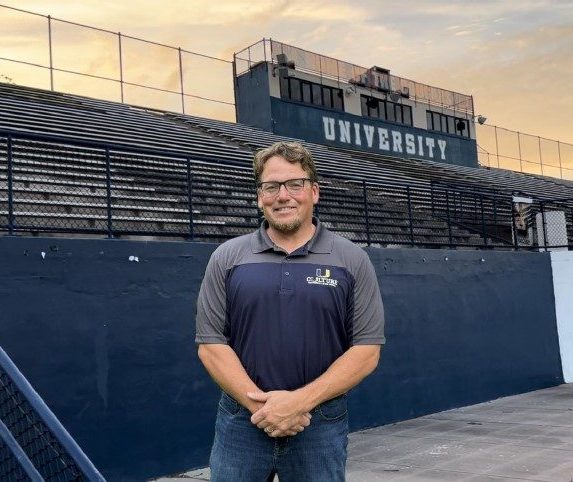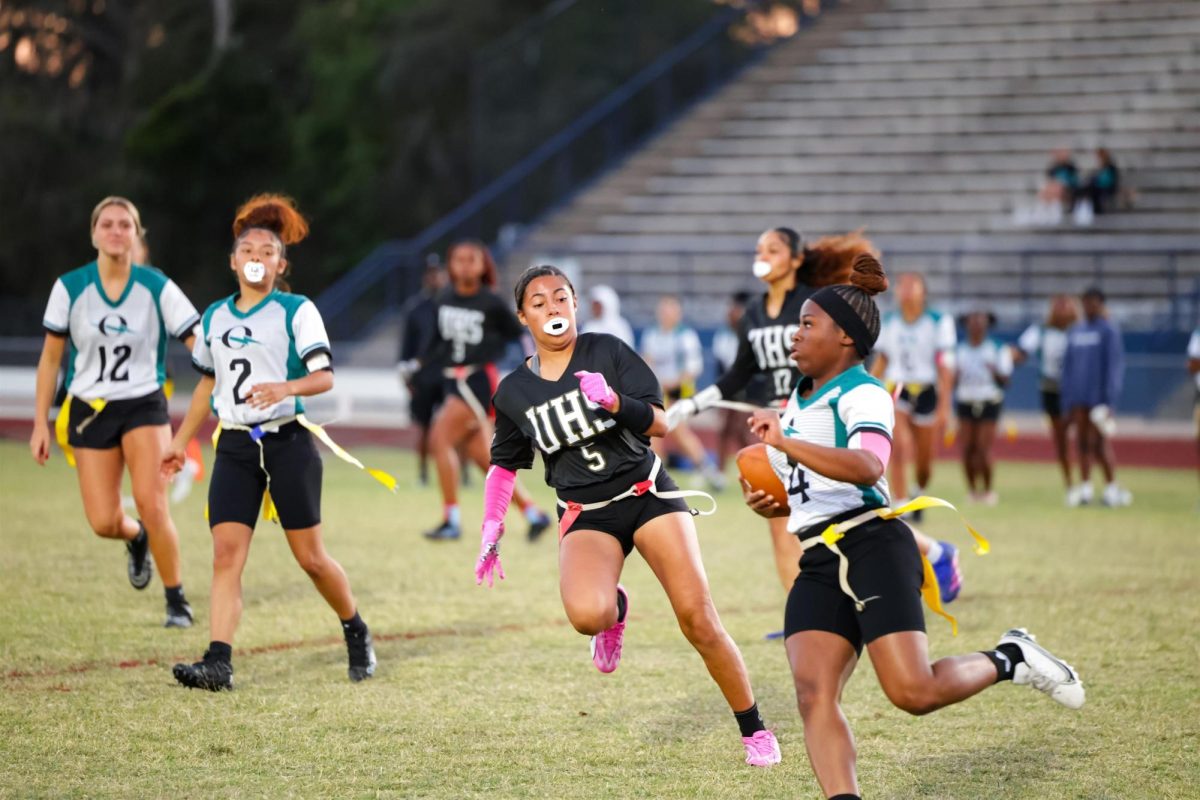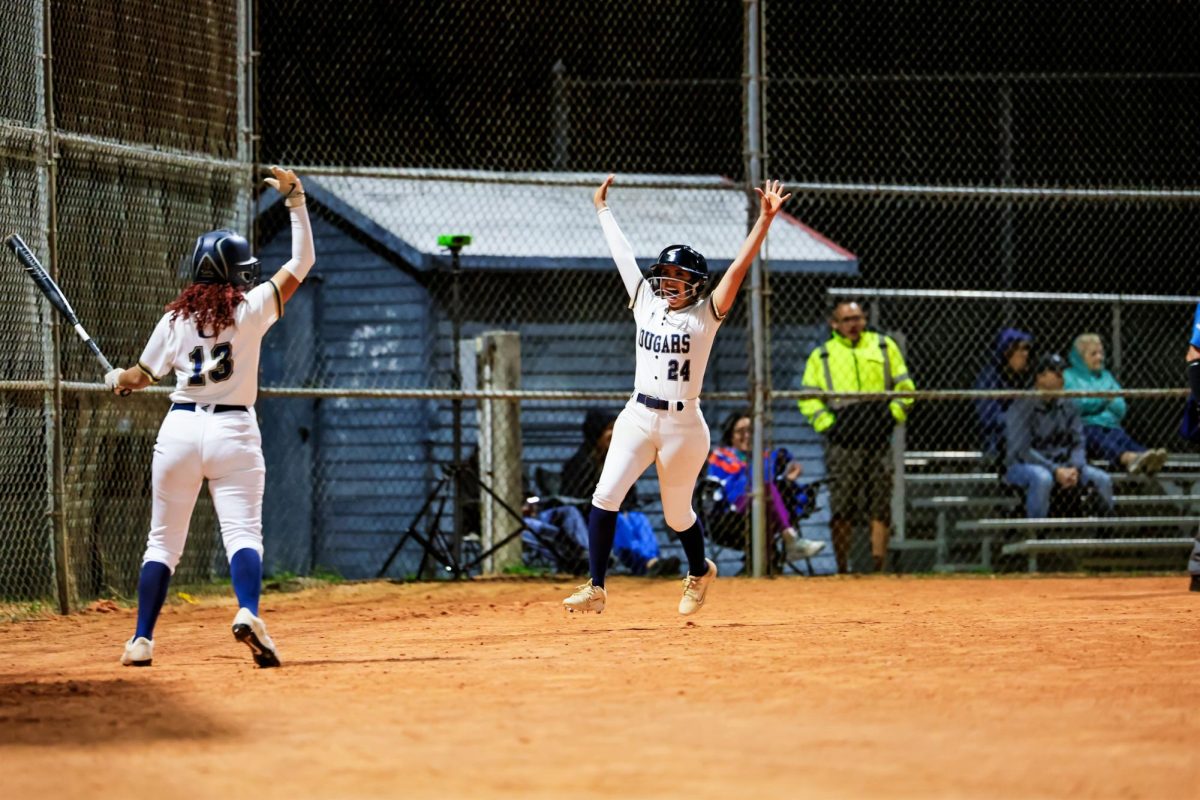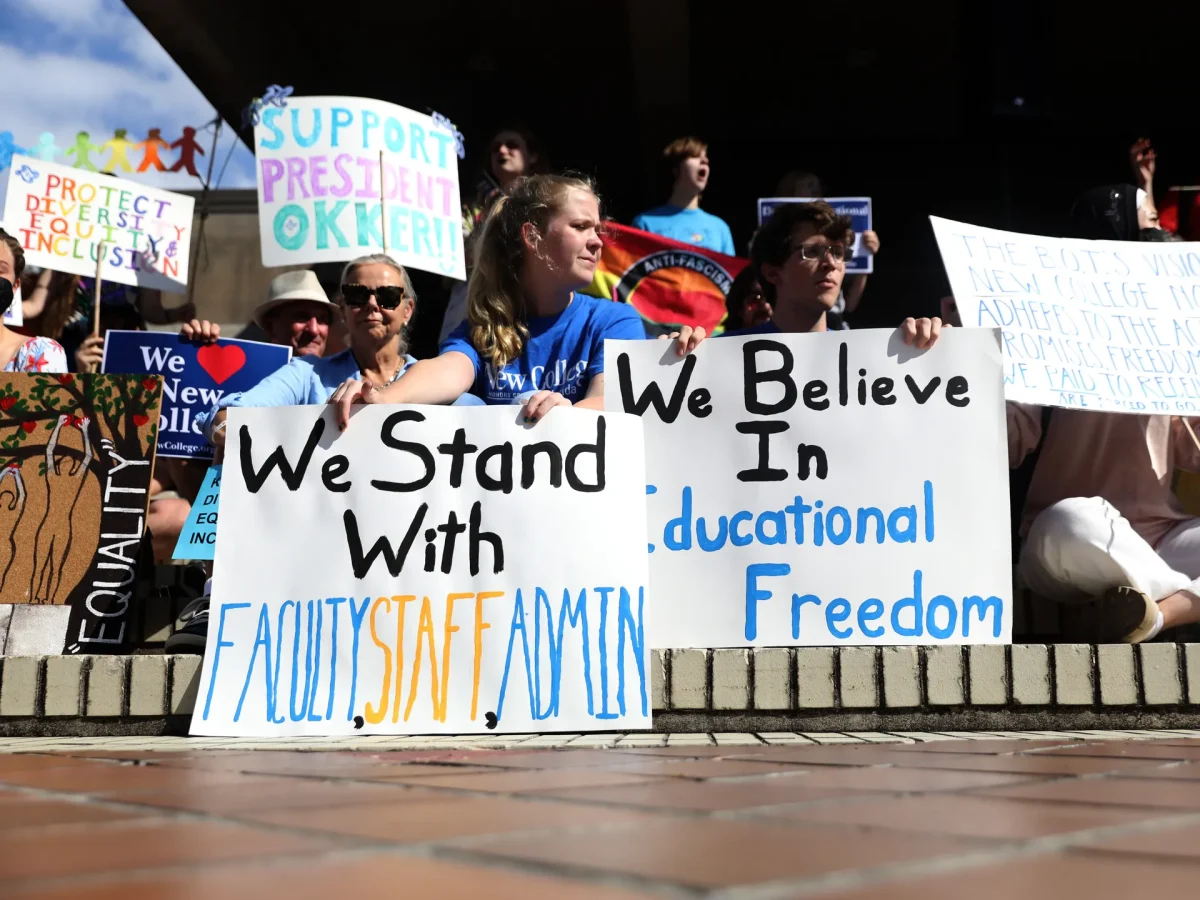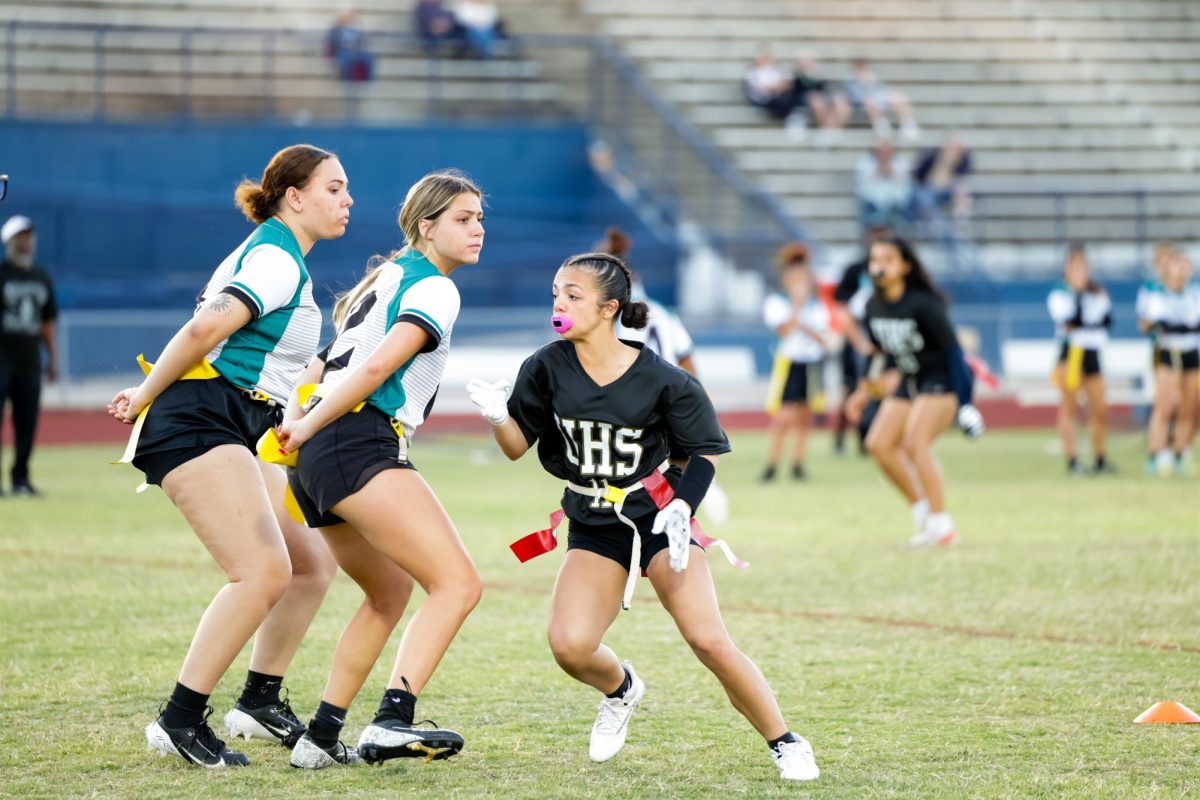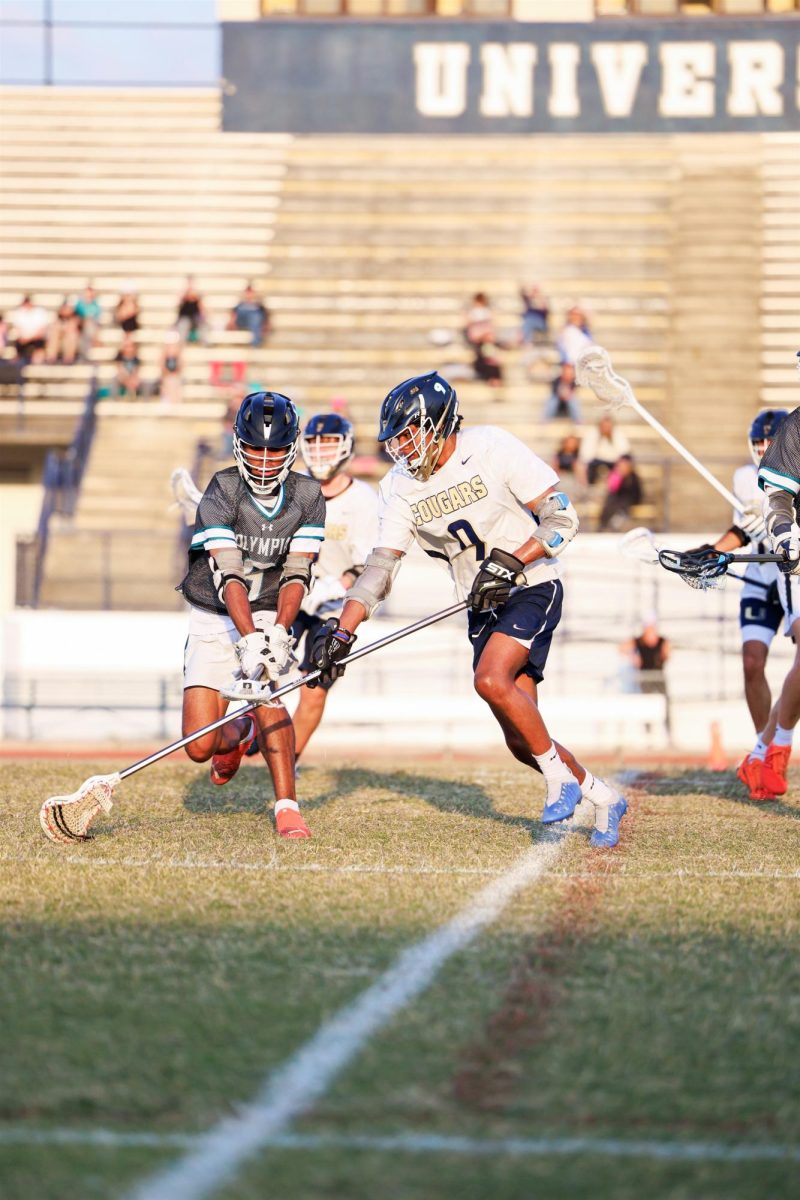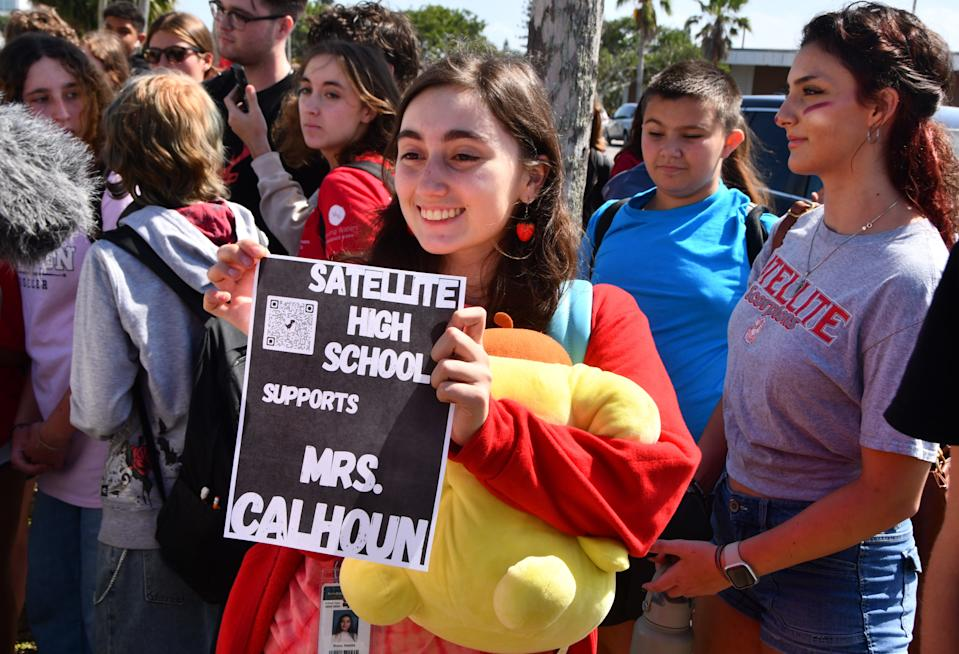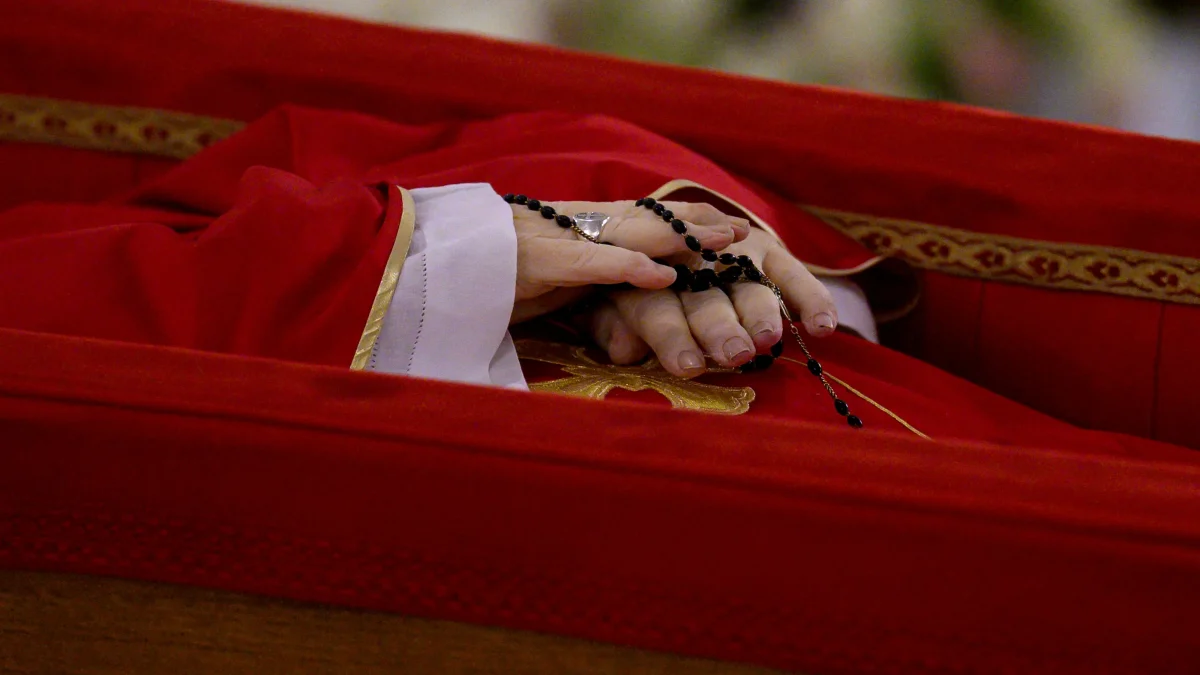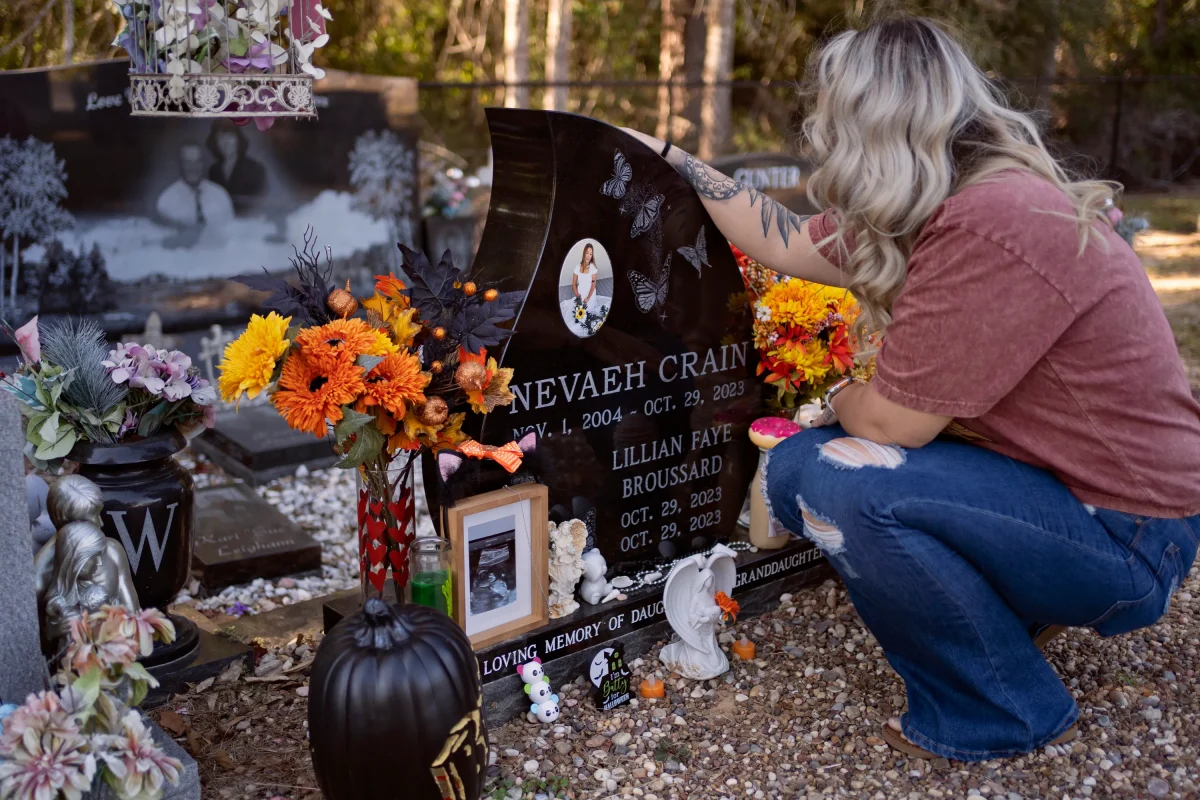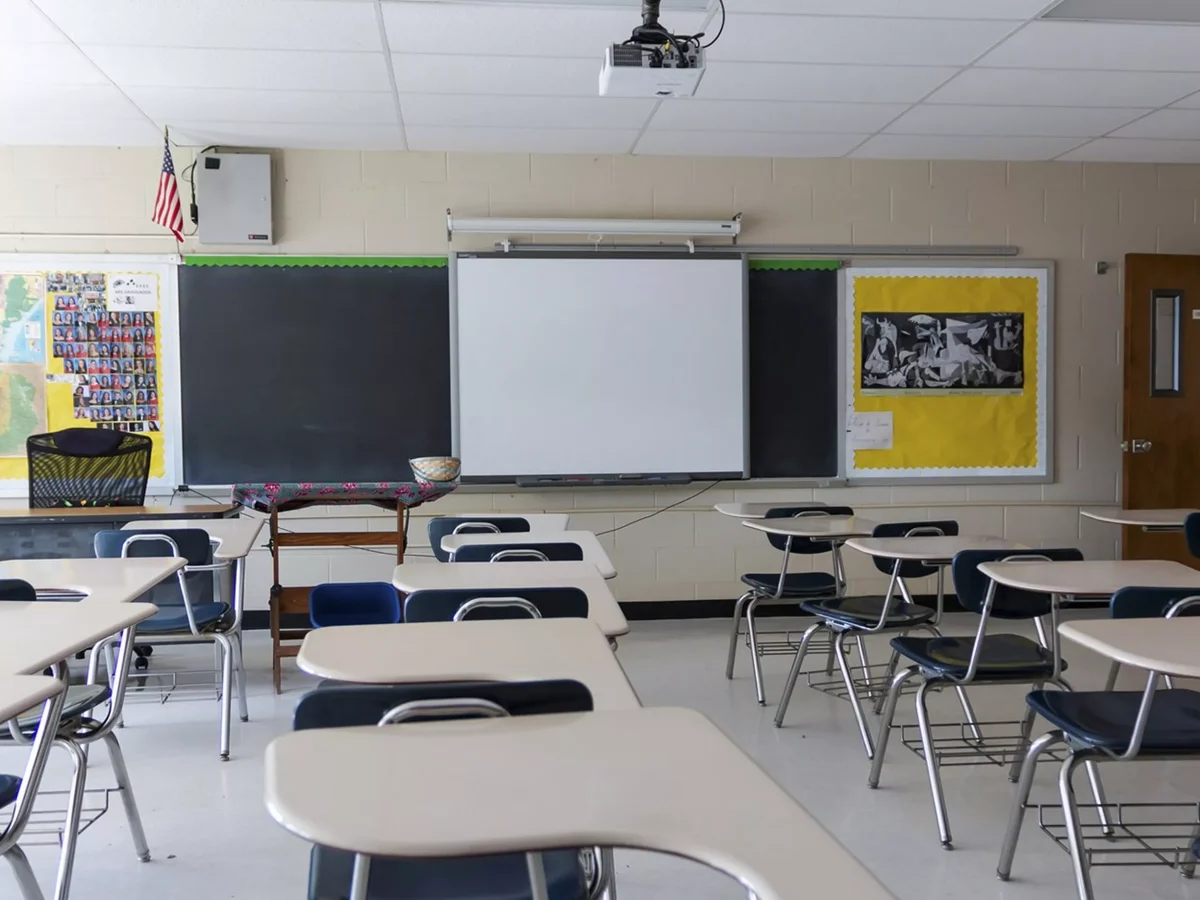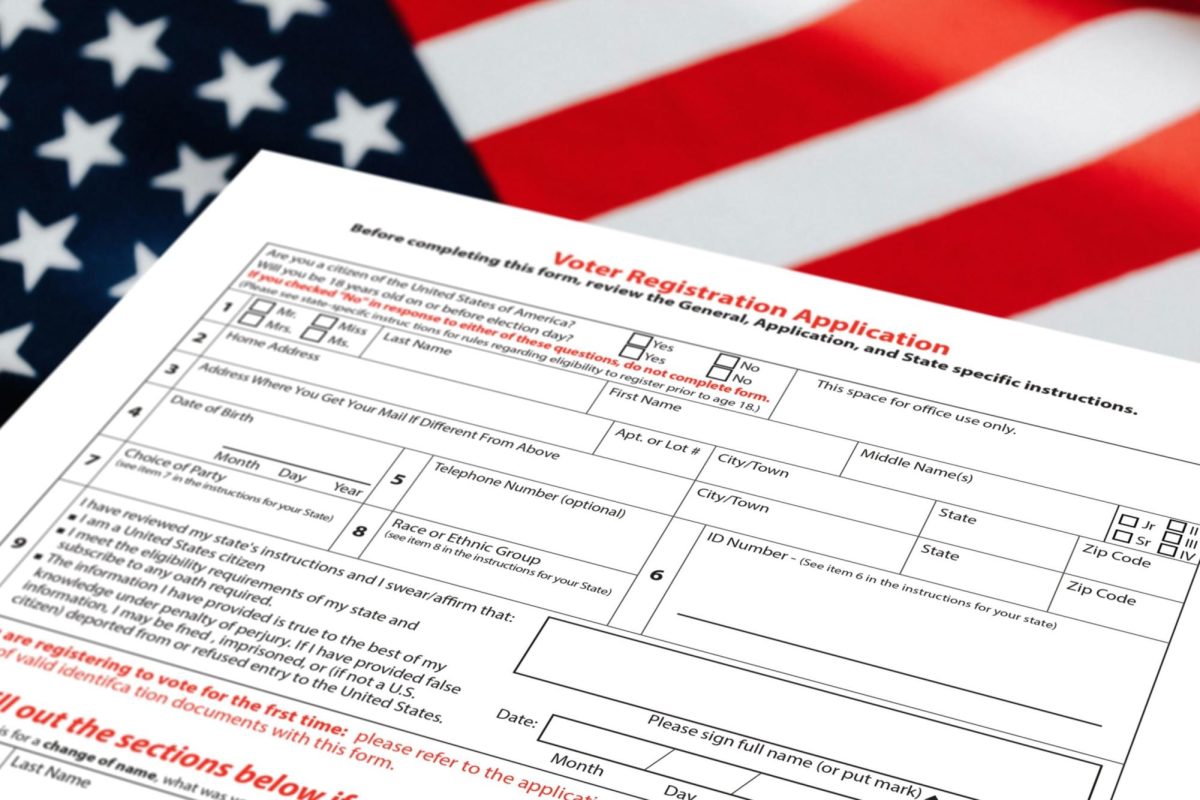The 2023-2024 school year has begun with new rules that aim to enforce the policies outlined in the Florida Parental Rights in Education Act, HB 1069, which became a law in July.
OCPS has drafted a new policy that requires parents to approve the usage of any name for a student that is not his or her legal name, and teachers with classroom libraries are expected to catalog their books and submit them for approval before allowing students to use the materials.
According to school board policy, ‘A parent/legal guardian or any person who seeks to enroll a student under a name other than the student’s legal name or seeks to change the name of a student already enrolled shall be informed that the name of the student as recorded on the birth certificate or other supporting evidence as prescribed in Section 1003.21, Florida Statutes, shall be used until or unless a final court order verifies a legal name change.’
The policy was passed with the intention to help parents be more aware of their child’s education by requiring the parent or guardian to fill out a form stating they approve of the name that their child is requesting to be called by. “I can see both sides of this argument but as this is now a School Board Policy, and we will enforce it to the best of our ability,” said Principal Mr. Thomas Ott.
The bill also prohibits district school boards from imposing or enforcing requirements that personnel or students be referenced with pronouns that do not correspond with biological sex as defined in the bill, subject to specified exceptions. According to the Orange County Schools memo, parents may fill out a form “allowing the usage of a transgender name,” which can be completely different from their given name. However, even if a transgender student did get permission from their parent to use a different name, teachers are not obligated to use that student’s preferred pronouns due to HB 1069’s language.
In the wake of this new legislature there is concern that the changes will be troubling for many transgender students’ whose parents do not accept them going by a completely different name. ““I believe that it makes people feel welcomed and accepted when they are called by the name they prefer. It doesn’t matter to me if we call you by your preferred name or legal name,” said Dean Ms. Kaylin Nieves.
While students are free to call each other whatever they like, employees of OPCS must follow the guideline. “It is a lot of hassle for something we as a society have been able to do for years,” said junior Hunter Carwell
Regardless of opinion, the expectation is that all employees follow the policy. “I don’t think it’s necessary, but it is a law and we will follow it,” said Nieves.
In addition to the changes to the name policy, teachers were required to submit the titles of novels that are available for students to read, either as class curriculum or to borrow for personal enjoyment. Over the summer Media specialists met to evaluate the age appropriateness of novels based on the guidelines given by the state.
While books that make the banned list can still be in the classroom, the titles may not be assigned or loaned to students. Much of the criteria was based on the mention of or insinuation of sex. “It makes it harder for marginalized kids to see themselves in literature,” said IB teacher Ms. DeJesus. Opponents of the legislature have raised concerns about government censorship of books. “Schools create a safe harbor for kids,” said Dejesus.
The law holds school districts responsible for the content of all materials used in a classroom, made available in a school library or included on a reading list. It requires each book in a school library to be certified by a media specialist and for a list of these materials to be available on school websites.
Media specialists worked over the summer using the state statutes to guide their judgment on what books could be left in classroom libraries and which should be eliminated. “Novels that had any sexual content were excluded from the approved teacher library list. While there was no specific scale given, we were expected to look at the state statute and use our best judgment,” said Media Specialist Ms. Lisa Hecth.
Instruction materials are not included in this list, only classroom libraries. Teachers are expected to use BEST Standards when choosing materials for classroom curriculum. “IB and AP are different though. Because they are college-level classes, those teachers are expected to follow College Board’s guidelines for what materials to teach,” said Hetch.




